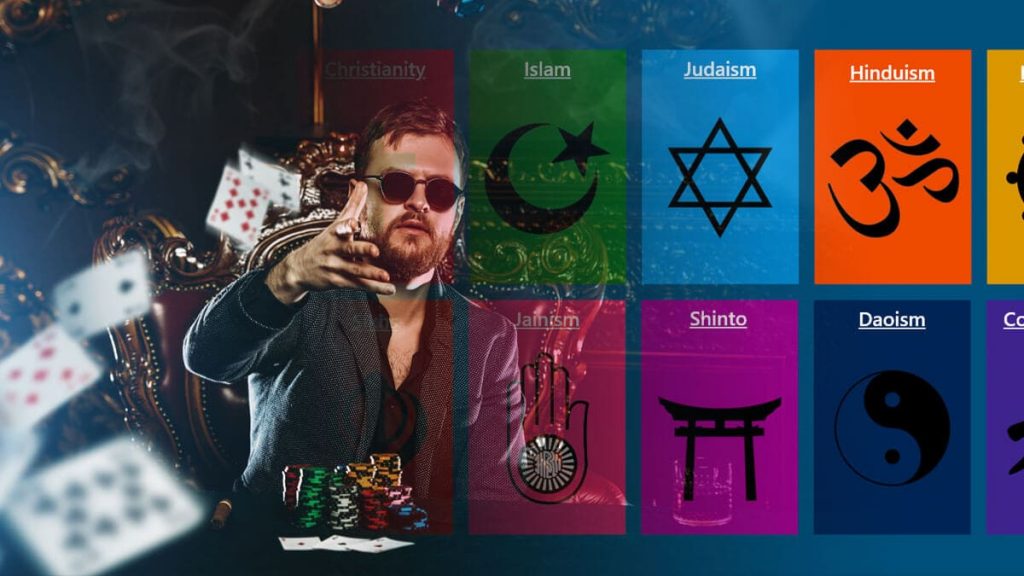
In the complex tapestry of human culture, few elements evoke as much contrast as the realms of religion and the gambling world. The collision between these two worlds, rooted in deeply ingrained values and societal norms, prompts us to question which force will ultimately prevail. This article delves into the ongoing tug-of-war between religion and the gambling world, exploring the contrasting principles, impacts, and the potential for reconciliation.
Religious Teachings and Moral Dilemmas:
Religious teachings across the globe often carry strong messages against the vices associated with gambling. Many faiths emphasize the values of prudence, humility, and the responsible stewardship of resources, viewing gambling as a practice that can lead individuals astray from these principles. The moral dilemmas associated with gambling, such as the potential for addiction, financial ruin, and the exploitation of vulnerable individuals, are central points of contention for religious communities.
Social and Economic Implications:
Religious leaders frequently express concerns about the broader social and economic implications of the gambling world. The fear of increased crime rates, family breakdowns, and the erosion of community values are among the reasons religious entities stand in opposition to the expansion of the gambling industry. From a religious perspective, the gambling world’s focus on chance and risk may be perceived as antithetical to the principles of hard work, responsibility, and providence.
Individual Freedom and Personal Responsibility:
On the other side of the debate lies the concept of individual freedom and personal responsibility. Proponents of the gambling world argue that adults have the right to make choices about their leisure activities, including engaging in various forms of gambling. They contend that responsible gambling can be a form of entertainment and a personal choice, emphasizing the importance of individuals taking ownership of their decisions.
The Role of Casinos in Local Economies:
The gambling world often positions itself as a significant contributor to local economies, creating jobs, generating tax revenue, and fostering tourism. In regions where economic development may be a pressing concern, the promise of financial benefits from the gambling industry can create a clash with religious values that prioritize moral and social stability over economic gains. Striking a balance between economic interests and ethical considerations remains a persistent challenge in these communities.
Problem Gambling and Addiction:
One of the most profound points of contention between religion and the gambling world is the issue of problem gambling and addiction. Religious teachings emphasize compassion, empathy, and the protection of vulnerable members of society. As the gambling world grapples with concerns over addiction and its societal impact, religious communities advocate for measures to address and prevent the negative consequences associated with compulsive gambling.
Potential for Coexistence:
Despite their inherent differences, there is potential for religion and the gambling world to find common ground. Some religious communities adopt nuanced perspectives that acknowledge the complexities of the issue. They may focus on promoting responsible gambling practices, advocating for stronger regulations to protect individuals, and engaging in dialogue to bridge the gap between these seemingly irreconcilable forces.
Conclusion:
As the clash between religion and the gambling world persists, it is evident that finding a resolution to this age-old conflict requires a delicate balance between individual freedoms, societal responsibilities, and ethical considerations. The ongoing dialogue between religious leaders, policymakers, and stakeholders in the gambling industry may pave the way for a more nuanced understanding and potential coexistence. Ultimately, the resolution of this eternal clash will hinge on society’s ability to navigate the complexities of morality, individual choice, and the broader impact of these conflicting forces on our shared human experience.